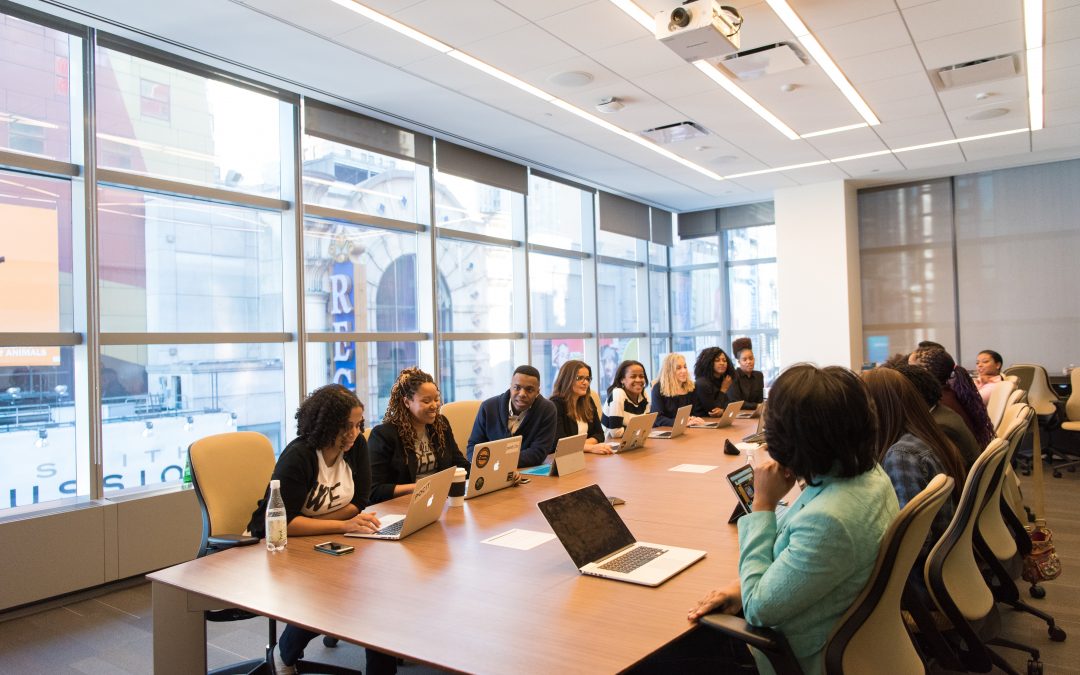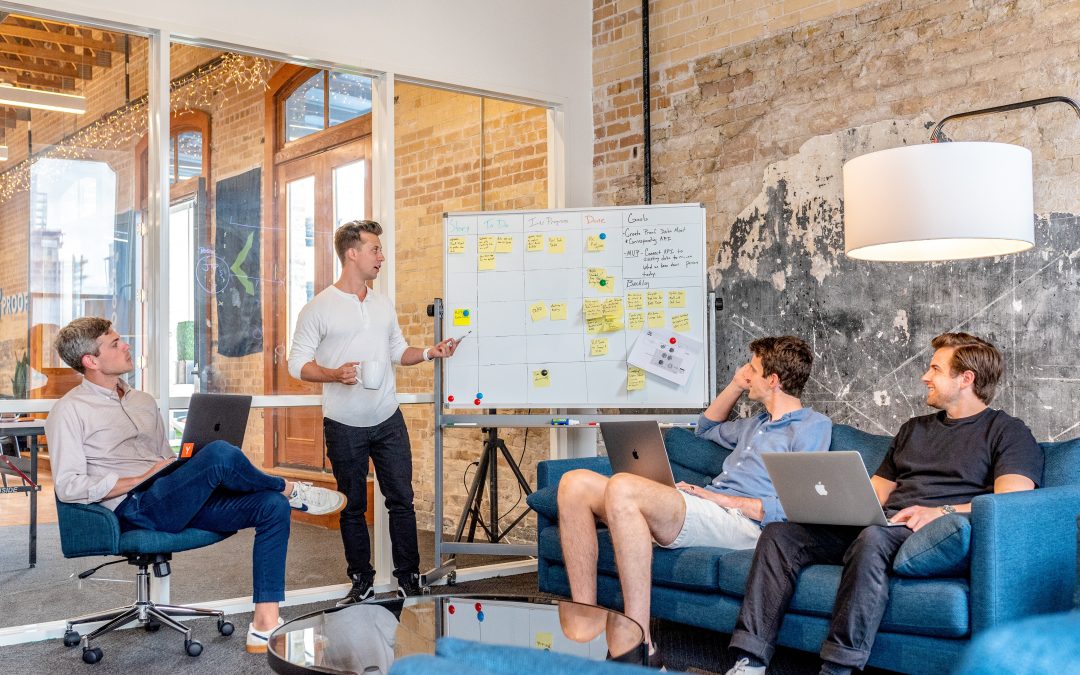
Interview on StikkitTechnology Podcast
On Friday while in Stuttgart I did an interview with nice chaps at the [StikkitTechnology Podcast](https://podcast.stikkittechnology.com/). In it we talk about Ubuntu, Canonical, my job, and thoughts on free software.
So, you were given ears for a reason, fill ’em with something nice! Download the [Ogg](https://audio.vault5.com/s2e3.ogg) or [MP3](https://audio.vault5.com/s2e3.mp3)!

Holy cow, it’s the great Qt 4 book competition!
Well, thats it, its been an exausting day here in Stuttgart, and I have been trucking for around 18 hours today, but its been a really productive day. I had a really interesting discussion with some KDE people about the relationship between Canonical, Kubuntu, KDE and other free software projects, and I have a bunch of action points to look into on Monday. So, congratulations to the organisers for a well run and enthusiastically attended event. 🙂
Oh, and lady luck being on my side, I rather ironically won the rather snappily titled [Qt 4: Einführung in die Applikationsentwicklung](https://www.opensourcepress.de/index.php?26&backPID=15&tt_products=23) written by the legendary Daniel Molkentin. The audience found this most amusing, and so did I. Thanks very much folks. 🙂
Now, being that (a) I don’t code in Qt any more and (b) I don’t speak German, I have decided to do the right thing and offer this book up as a prize. So, friends, please respond to this blog entry with an answer to the following question:
> When you win this book and hack on a program in Qt 4, what will it be?
Include your name and email address. As usual, comedic or inspiring answers will be of notable value. Get your answers in. 🙂

KDE 10th Anniversary Event
Here I am at the [10th anniversary event for KDE](https://events.kde.org/10years/) and its really cool. Last night I had two, count them, two hours of sleep before my alarm went off at 3am. I get back into England at around 11pm. Its a long day, but its worth it. The energy here behind the KDE team is great, and its been fantastic to meet many old and new friends alike.
My talk seemed to go pretty well, and caused some interesting questions and discussion afterwards. Shortly after the talk I did an interview for a podcast which was fun, and then there was an interesting talk by danimo about KDE 4. Danimo’s talk was informative, but the post talk Q+A was even more interesting, and there was some really good discussion.
Its nice to feel the sense of community here, and I have had some great feedback about Canonical, Kubuntu, community management, concerns, expectations and other issues. It has also been nice to hook up with Matthias Ettrich again and also to meet Knut, Torsten Rahn (coolest name evaaar), Klaus Knopper and Martin Konold.
So all in all, a pretty good event so far, and it has filled my already full head with yet more ideas and thoughts.
Oh, and I entered a raffle for a [Trolltech Qtopia Greenphone](https://www.trolltech.com/products/qtopia/phone_edition/greenphone) – I really hope I win. I would love one of those beauties. 🙂

Meetup near Stuttgart?
I will be at the Technische Akademie Esslingen in Ostfildern (near Stuttgart) all day on Friday for the [10th KDE anniversary event](https://events.kde.org/10years/). If there are any Kubuntu, Ubuntu, LUGRadio, Jokosher or other Open Source people who want to meet up, post a reply here or drop me a mail.

Jokosher Hackfest
All you need to know:
* **Where**: #jokosher on `irc.freenode.net`
* **When**: Sunday 15th October 2006, all day
* **Who**: Hackers, artists, docs writers, testers and anyone else 🙂
We hit feature freeze for 0.2 on Nov 1st, so this is the last hackfest before then. This is a great opportunity to come along and get involved in the community as the full team should be there. 🙂

How to not get banned on Freenode
IRC is pretty important to my job. I spend all day, every day on it, talking to the community and working on various things.
Today I wanted to double check my `/away` was working, so I figured I would log on twice, join a random channel and test it. So, I logged on as `jono` and `jono_` and then joined a random channel – I joined `#asdfg`.
Bad move. I got message saying I had been *D-Lined*. I was not sure what this mean’t but it clearly mean’t *ahha! no IRC for you sucka!*
Luckily, the awesome Ubuntu community came to my rescue and I almost immediately got an email from Melissa and a few seconds later David Symons called me and was trying to straighten it out with the Freenode admins. Thanks guys. Also thanks to Freenoder denny (an old flame from the Linux UK days) for helping too. 🙂
I cannot believe that there is a channel that can be accidentally joined by typing in a bunch of consecutive keys next to each other on a keyboard and it bans you. I could understand if I needed to join `#q1gcyh75fdr5g6h7`, but this is nuts.
I am currently awaiting a Freenode admin to wake up and un-ban me – I am now using an SSH tunnel to get at IRC. Would be nice if Freenode had network people awake during the day in my timezone to fix things like this.
So, whatever you do, *never join #asdfg*!

The second garage revolution
As a child of the 80s and 90s, I often look back fondly at the computers back then. Commodore 64s, Spectrums, Amigas, Amstrads, Ataris, Acorns, and a raft of consoles all bring back memories of what many people refer to as the *golden age of computing*.
When you look back to this period of computing, it is interesting to note how homebrew much of it was. Many computers were available in both kit and pre-assembled form, and their creators were often very small companies housed in a garage or equally damp-ridden hovel that kept costs down. Also mixed into the recipe was rampant, bounding, steaming, virtually pornographic *incompatibility*. These computers we so incompatible that they barely knew the meaning of the word *compatible*.
When you look back, the level of success had by these homebrew hackers was pretty astonishing. Many of these early computers went on to massive popularity, and even the more esoteric examples had strong followings that eagerly mailed off their paychecks to get a *whole 3MHz of bone-crunching computing power*.
The point I am making here is that there are some pretty strong parallels between this golden age of computing and what is happening to Open Source. Here we have a collection of intelligent, motivated individuals who are turned-on by cool technology and take a pure and honest approach to their inventions. This applies to both the early computer hackers and today’s free software hackers. From garages around the world, people are doing awesomely cool things and redefining the rules in a market increasingly wrapped up by single large vendors. Back then, the early computer hackers battled the big computer corps, and today the same thing is happening in the software world as free software finds its place in the industry.
Interestingly, back then…the hackers won. They did shift units, they did make money, they did get recognition. Back then the people with the knowledge in their heads were successful. I think we can learn many things from what happened then, and it just goes to show that if you put the right people in front of a problem, you can tick all the boxes and be successful.

Normal service is resumed
After an excellent two weeks away I am now back at work. Today is a good day to get back too – Sooz and I celebrate our 11th year together. 11 years ago I nervously asked her out at a band practise in Wootton, Bedfordshire. 11 years on I still love her as much as I did back then. Today she also starts her new role at the BBC. Tonight I cook, and if the planets line up just right, she won’t get food poisoning. 😛
So, back to work, and my [Last.fm profile](https://www.last.fm/user/jonobacon/) is getting pumped with some fresh morning metal. I have thousands of emails to dig through, and I expect much of this morning, and potentially today, will be dedicated to that. If you have been in touch with me at my ubuntu.com email address in the last few weeks, I hope to get to your mail today.
Some other things going on over the next few months:
* On Friday I am keynoting at the [KDE 10th anniversary event](https://events.kde.org/10years/) in Stuttgart. KDE is an astonishing project, and I am really looking forward to meeting a bunch of old and new flames there. 🙂
* Tonight I am conference calling for the [UK Linux & Open Source Awards 2006](https://www.linuxawards.co.uk/). I will also be attending the gala dinner on the 25th October at Millennium Gloucester hotel in Kensington.
* I will be at [LinuxWorld London](https://www.linuxworldexpo.co.uk/) on the 24th and 25th October. I will be there to speak, be on the Ubuntu stand, and also helping with the UK LoCo team Ubuntu stand, the Jokosher stand and meeting up for some community related events. I will post about this closer to the time.
* November sees the fantastic [Ubuntu Mountain View](https://wiki.ubuntu.com/UbuntuDeveloperSummitMountainView) summit and it is shaping up really nicely with some fantastic people attending.
Finally, in a few weeks we pick up a new puppy to join our household. He will be called Pepper (short for Pepperoni to keep with the sausage related theme). He is a cream mini long-haired dachshund. Really looking forward to getting him and getting a playmate for Frankie since Banger has gone.

Drawing a line in the sand
I have a tiny little skull, and I am currently bored out of it. I am sat in Orlando International Airport with Sooz, indulged in the most tepid of pastimes – the flight delay. My plight has been bettered by a comfy chair, an Internet connection and a laptop running Ubuntu. Life is far better than it could have been…
With said Internet connection and Ubuntu laptop I started reading my backlog of blog feeds and news. Lots is going as usual, but I am particularly enamoured to see that Melissa’s work with [Ubuntu mentoring](https://locomentor.geekosophical.net/) is going well. I have always been a firm believer that community is like a randomised pattern of dots, and part of the work is in drawing connections between those dots and making sense out of the chaos. From the outset I always wanted to improve the communication between different teams, and part of this process was to involve mentoring, peer inspiration and the development of best practise. The Ubuntu community already has some solid practise and governance in place, but there is still so much scope. Part of the issue has been that in many ways Ubuntu has been a victim of its own success, and I want to better scale some of these areas.
One thing the Ubuntu community doesn’t lack is enthusiasm, and enthusiasm is key to making free software that changes peoples lives. People get their tickers ticking by vastly different things, and while a Python backtrace will get some people in the mood for lovin’, community practise and methods gets other people equally fired up. We need all these different disciplines, but we also need the connections between those randomised dots to make sense. We need people to be able to communicate well together easily.
Unfortunately, governance is not something the Open Source community has been particularly good at. Sure, there are indeed some good examples, but in many cases governance falls into the following two scenarios:
* No governance – hey, we are free software dudes, and we will not be ruled by rules. Fight the power…fight the power…
* Rule-tastic – we need rules, legislation, processes, boards, voting, forms, background checking, more forms, and a variety of other bureaucratic diversions.
Typically, advocates of either scenario will be snobbish at the other side, and in reality both are not ideal solutions to the problem. Each of these methods takes an extreme perspective on the problem of organising, enthusing and empowering volunteer communities – they are as diverse as the extreme liberal and conservative political camps, and in most situations, neither is admirable.
I am an advocate of sensible procedures that are *well thought out*. All communities need some form of culture and organisation, but I believe that like the US constitution, every amendment and every rule needs to be as rigorously thought out and *rationalised* as possible. The dissection of community structure is often psychologically similar to perspectives on interaction and software design. Many software developers will want to do certain things because it makes them *more professional* or impressive in the eyes of their peers. This often results in more time tinkering with these things than writing code. Likewise, when it comes to community structure, many communities believe they need boards of members, constitutions, councils and other such structure because it makes them *a real community*. When quizzed on the purpose of these structures, the respondents often cite rare edge case issues that could be solved diplomatically. Structure and rules will not solve all issues, diplomacy and discussion does.
My point here is that community is organic, and efforts to develop these community structures can often be harmful to the community. Here I am mainly referring to new, fresh communities that are crying out for new contributors. In many scenarios these small seedlings are driven by motivated people with big ideas, and part of these ideas is having a *a big and professional community structure* that is similar to bigger projects. In almost all situations I recommend that you leave this community structure for a while and just *do something* first. This is eerily reminiscent to resource setup. Many people who start new projects spend most of their time getting SVN, mailing lists, IRC channels, bots, IDEs, logging facilities and other such things in place before they have written a single line of code. I believe this is counter-productive. Write some code, do something cool, and then get all of this mediocrity in place – instead of concentrating on these issues, concentrate on making cool software. If you build it, they will come – even if you don’t have a complete development platform and culture in place.
Once again, this is about balance. It is about getting the line drawn correctly between *overkill* and *underkill* (yes, I know its probably not a word 😛 ). My aim in life is to get this balance right and to help other people strike the right balance too.

Back Saturday
Well, after two weeks of joyful rest, Sooz and I will kiss goodbye to the Florida sun tomorrow and fly back to rainy old England. We have had an excellent time, and thanks to those of you holding fire on some issues until I get back.
I am quite worried about what my Inbox is going to look like when I get back. Time to get the shovel out…
